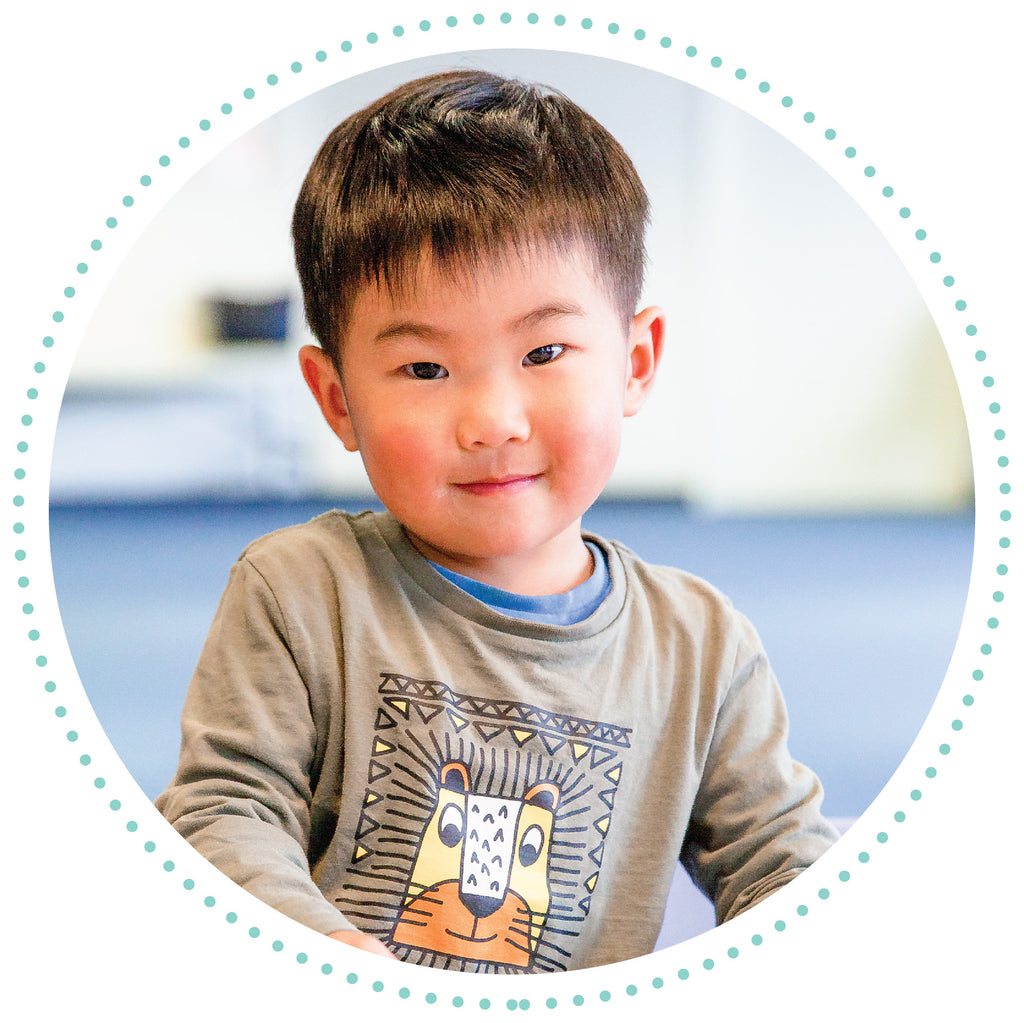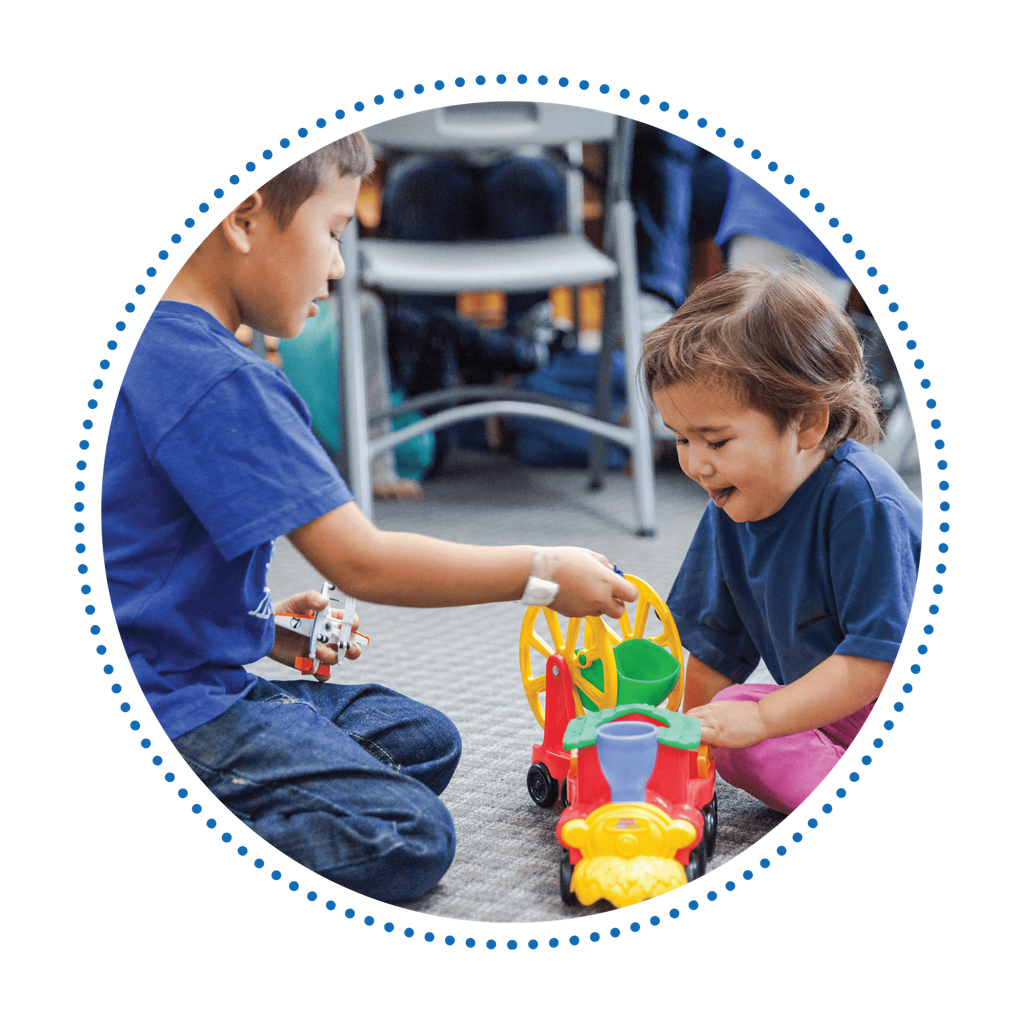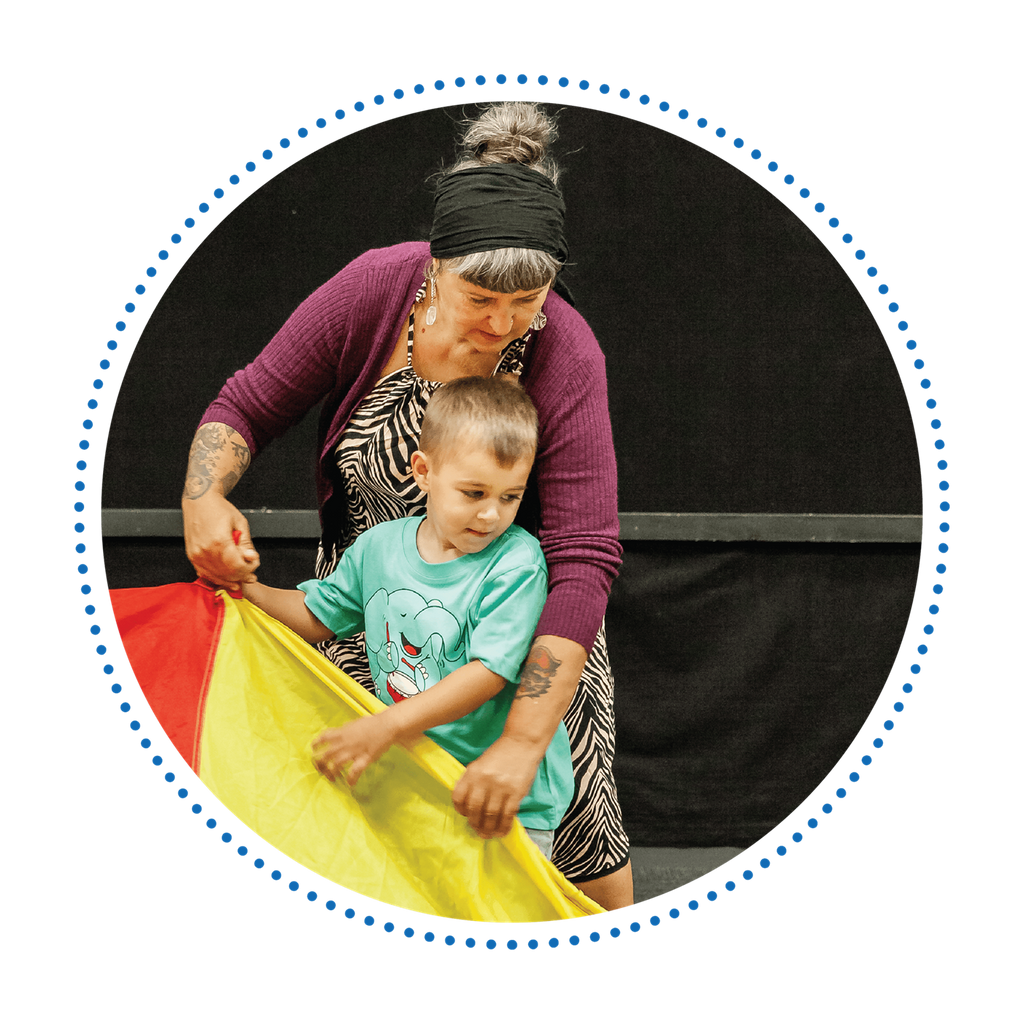Play is key to tamariki/children’s learning, development, confidence, and wellbeing. Having a variety of ways to play gives tamariki different sensory, physical and intellectual experiences that build connections in the brain. Play helps tamariki to develop:
Physically – using small and large muscles when climbing, running, digging, jumping, dancing and playing ball games
Socially and emotionally – imaginative play helps to develop social and emotional skills and values including cooperating and negotiating, making choices, fairness and empathy
Intellectually – remembering, concentrating, problem solving, thinking and creativity
Literacy and numeracy – curiosity and exploration, vocabulary, listening and speaking, writing
Unstructured free play is important because it lets tamariki use their imagination and move at their own pace. This could be crafts and creativity, imaginative games like dressing up or using blankets or boxes to invent their own environments, or exploring parks and playgrounds.
Structured play is organised at a fixed time and place and is often led or directed by an adult. This includes outdoor ball games, swimming lessons, whānau board or card games, and portions of mainly music or mainly play.
It is important for tamariki to have a range of play experiences, unstructured and structured play, indoor and outdoor, individual and group activities




